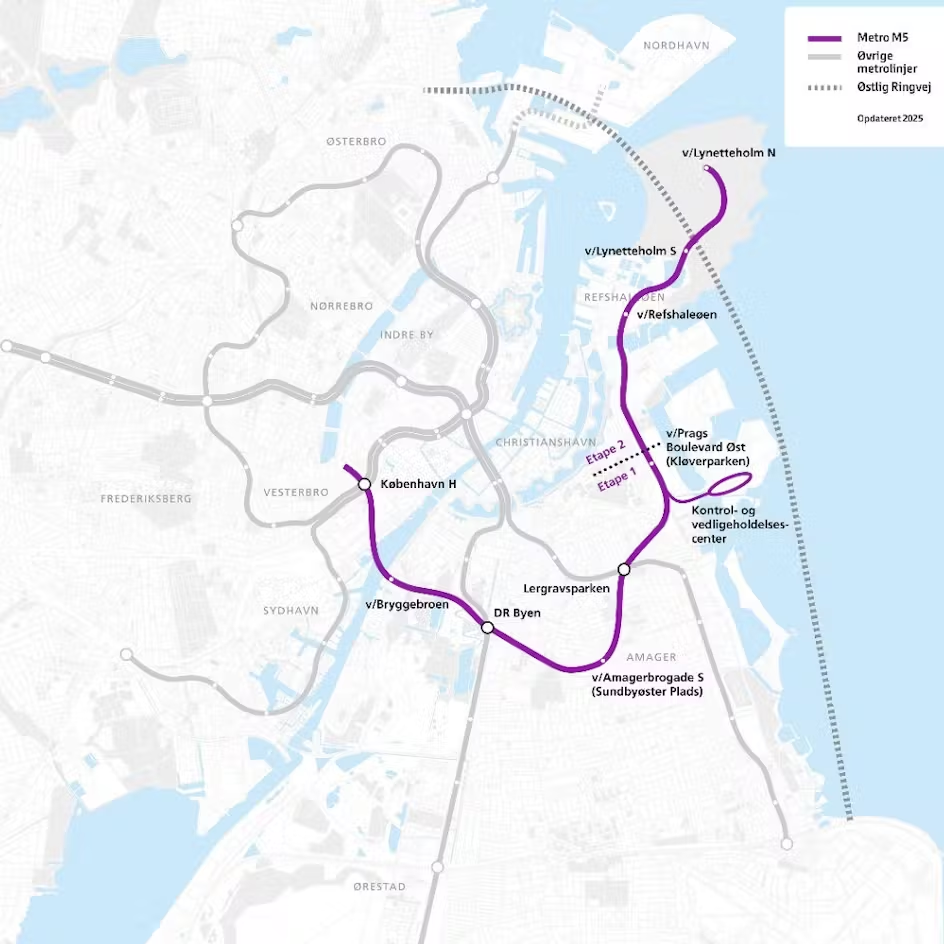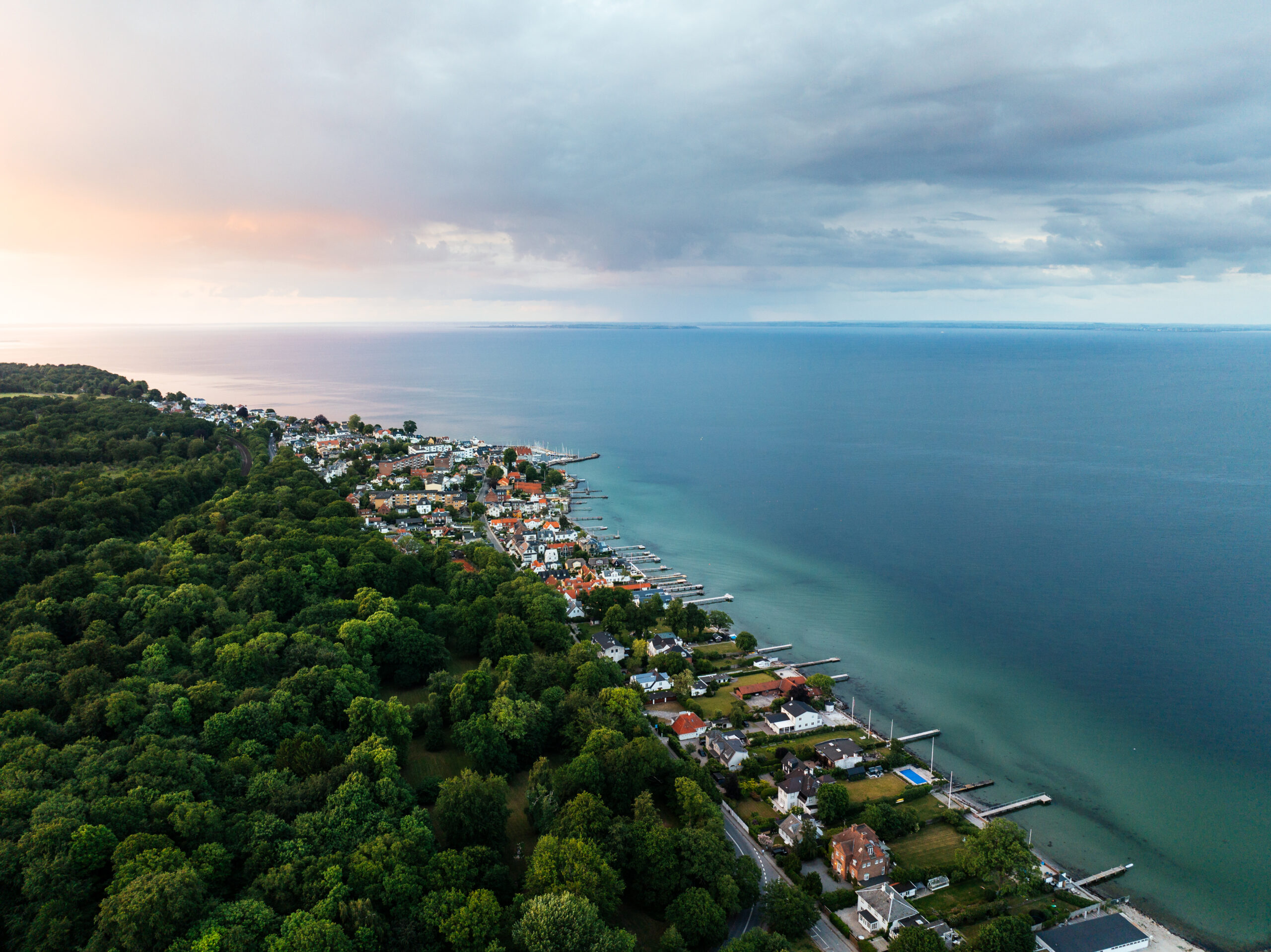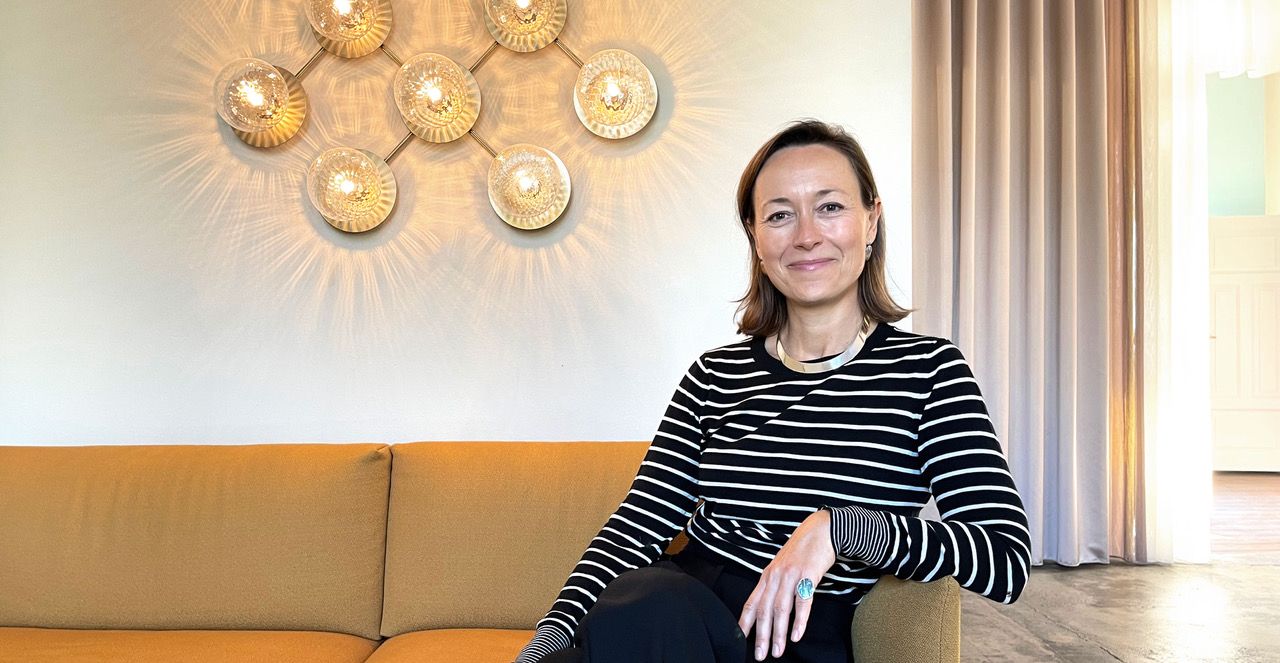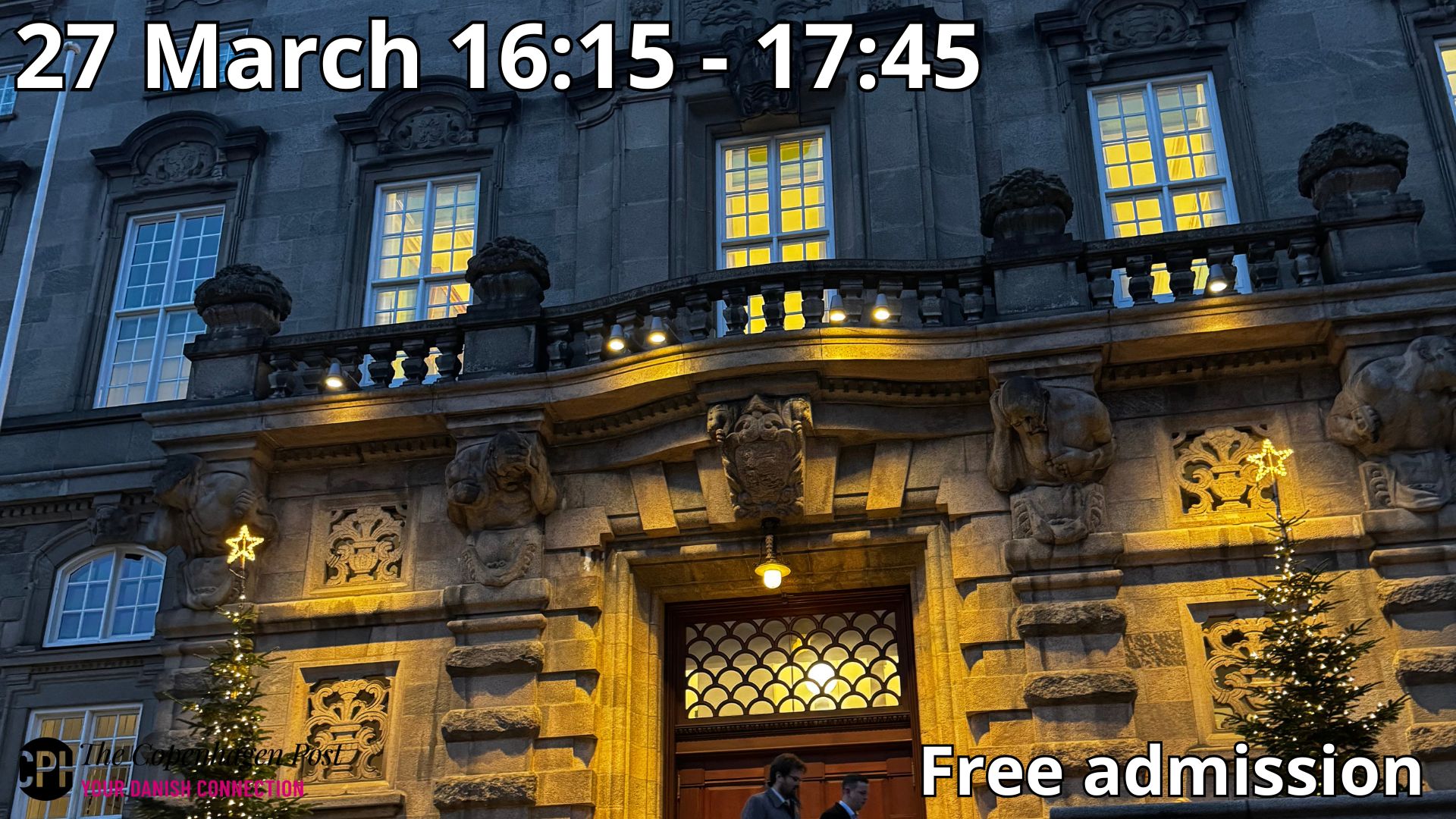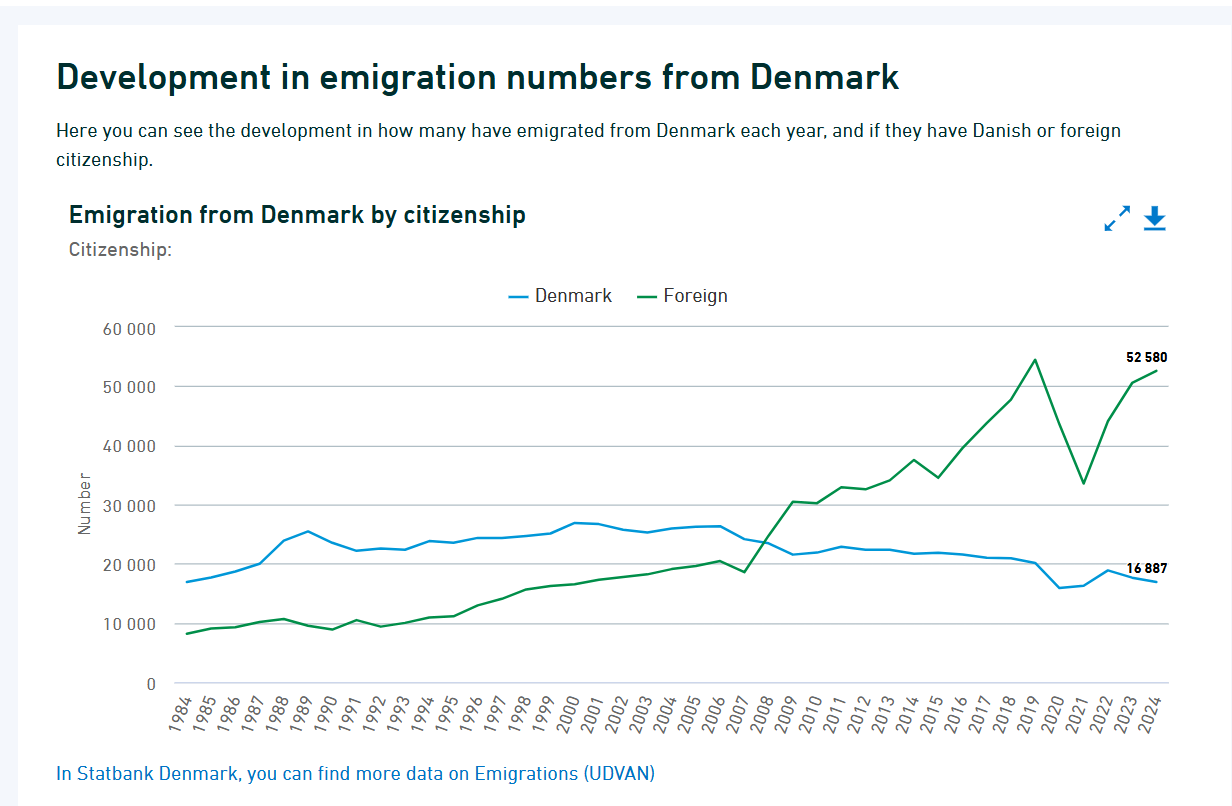Tomorrow is the Great Prayer Day, so savour the flavour because it will be the last year that the fourth Friday after Easter is a public holiday.
Back in March the government decided, after much opposition, to abolish Great Prayer Day in order to increase the number of working hours in society.
Whether it will happen remains uncertain and Denmark’s potent trade union movement has raged over the decision ever since.
Partly because employees get one less day off every year, but also because many think that the government should butt out when it comes to deciding labor market terms. This has historically taken place in tandem with the employers.
READ ALSO: RIP Great Prayer Day … now another holiday is under fire
Confirmation chaos
Great Prayer Day was first introduced in 1686 in a time dedicated to penance and fasting. Back then, Denmark was an agricultural society and the number of religious Danes was much higher than today.
In recent times, the day has been characterised by various traditions such as eating warm wheat buns (‘varme hveder’), walks on ramparts (especially in Copenhagen), and celebrating confirmations – a very popular tradition that indicates a rite of passage to adulthood.
It is especially this tradition that has been a key talking point across the country.
So much in fact that PM Mette Frederiksen specifically mentioned the circumstance as a reason for Great Prayer day being held one final time this year. Next year’s group will have time to organise the party on another day, she said.
READ ALSO: Why Danes light candles in their windows tonight
A better reason to reflect
The younger generations generally find it difficult to explain the reason behind Great Prayer Day. Following a media storm in early 2023 and demonstrations against its abolition, the Danes seem to have accepted the burial of their holiday.
But May 5 will also be special for Danes in another way – and that’s a tradition that won’t be broken for many generations.
On 5 May 1945, Denmark was liberated from German occupation at the end of the WWII. This historic event is deeply rooted in the Danes, and many light candles their windows tonight to remember the liberation and those who fell along the way.
But if Great Prayer Day still is something that you insist on celebrating, don’t worry. Just head north to Greenland and the Faroe Islands, where the day will remain a public holiday.



